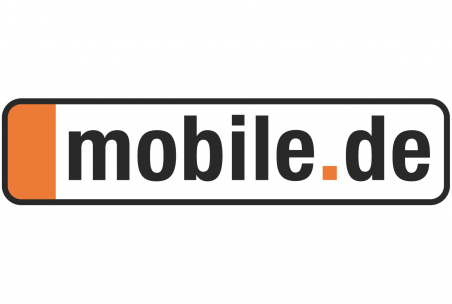Natural Language Processing
Use Natural Language Processing (NLP) to reap added value from your textual data and access important information faster – from simple language processing approaches to Generative AI and Large Language Models.
How can NLP support your business?
Only the very smallest amounts of company data are available in the form of easy-to-read, processed tables. Instead, in the majority of cases, information is buried within texts – some of which are in other languages – preventing it from being quickly captured. We view Natural Language Processing as a methodological toolbox that enables us to develop intelligent, automated solutions to text- and language-based problems. NLP starts with seemingly simple tasks, such as predicting a word in a cloze, and ends with complex challenges, such as machine translation, automatic summarization of text, or generating high quality text based on a few given keywords.
Information Extraction
The storage and processing of structured data is part of everyday business for many companies today. Using automated information extraction, you are able to integrate information from relevant documents into your database or enterprise search solution. This extraction gives you direct access to essential details of your contracts, purchase orders, invoices and specifications. And this across multiple document types: presentations, internal wikis, spreadsheets. A Large Language Model is able to understand filtered information to answer questions such as “Who is responsible for the French subsidiary?”. We use prompt engineering techniques for this.
In addition, it also simplifies document monitoring using anomaly detection, for example.

Text Summarisation
In the field of automatic summarisation, Natural Language Processing helps to reduce large documents to their key messages. If, therefore, you are faced with the challenge of integrating different views and statements from different sources, NLP enables you to extract this content automatically, allowing you to make decisions based on concise, comprehensible information. This is useful in a wide variety of application areas. The ability to summarise current news reports can, for example, be of considerable relevance when making decisions related to high-profile events. For corporate managers, on the other hand, detailed reports and explanations can be compressed into short, management-friendly texts without the need for human intervention.
Automatic summarization using large language models based on the Transformer architecture is a hot research topic at inovex. We have experience in summarising German and English texts to create both academic and customer data.
Text and Document Classification
You can use classification models to organise and structure your text data. These models learn to divide documents into predefined categories based on their content and structure.
Does an email contain important information, or is it spam? Is a document a contract or an invoice? Assign intranet and blog posts to topics. Evaluate user reviews on popular rating platforms. Use sentiment analysis to discover how people feel about your products or brands by analysing mentions in social networks and categorize them according to positive or negative content. NLP also enables you to use intent detection to turn feedback directly into actions, such as “reply to customer” or “refund cost”.
Cognitive Search
We consider cognitive search to be the next evolutionary step in search technology. This new generation of intelligent search applications draws its strength from successfully combining traditional search technologies with natural language processing and Generative AI.
Instead of simple keyword searches, complex content-based queries are possible, which enable both broader and more detailed searches based on a deep understanding of the text. This enables users with little prior knowledge to query a broad base of otherwise difficult-to-access specialized documents.
Use cases here include internal chatbots for customer support employees. In addition, utilities can help employees who maintain machines to quickly search instructions for technical equipment.
Take a look at our experiences implementing cognitive search as part of our collaboration with mobile.de, a German online marketplace for buying and selling vehicles.
How We Can Help You
Were you able to identify your company-specific NLP problem in one of the scenarios described? Or do you need support in identifying use cases? If so, please contact us! We provide a wide range of artificial intelligence services, from implementing proofs of concept to developing productive systems.
If you are still undecided or need further inspiration, we will be happy to assist you with advice and training.
Get in touch!



